Golden Goblet Awards Ceremony Unfolds in Shanghai: Where the City of Film Meets the Future Vision of Cinema
On the evening of June 21, the 27th Shanghai International Film Festival’s Golden Goblet Awards Ceremony and Red Carpet took place at the Shanghai Grand Theatre. This year marks the 130th anniversary of world cinema and the 120th anniversary of Chinese cinema. When Giuseppe Tornatore, the Italian director who chaired the jury for the Golden Goblet Awards’ main competition and has inspired countless filmmakers around the globe, presented the Best Feature Film award to Kyrgyzstan’s “national treasure” director Aktan Arym Kubat, a new chapter of international cinematic exchange and mutual inspiration began. And when 84-year-old Xie Fei - a Fourth-generation Chinese director and mentor to many of today’s acclaimed filmmakers - awarded the Best Director award to Cao Baoping, known for his unfailing pursuit of innovation, it was a moment of generational legacy in Chinese cinema played out on this very stage. Each frame of this night, captured in the interplay of light and shadow, will become a perpetual memory when the future looks back on the history of cinema.
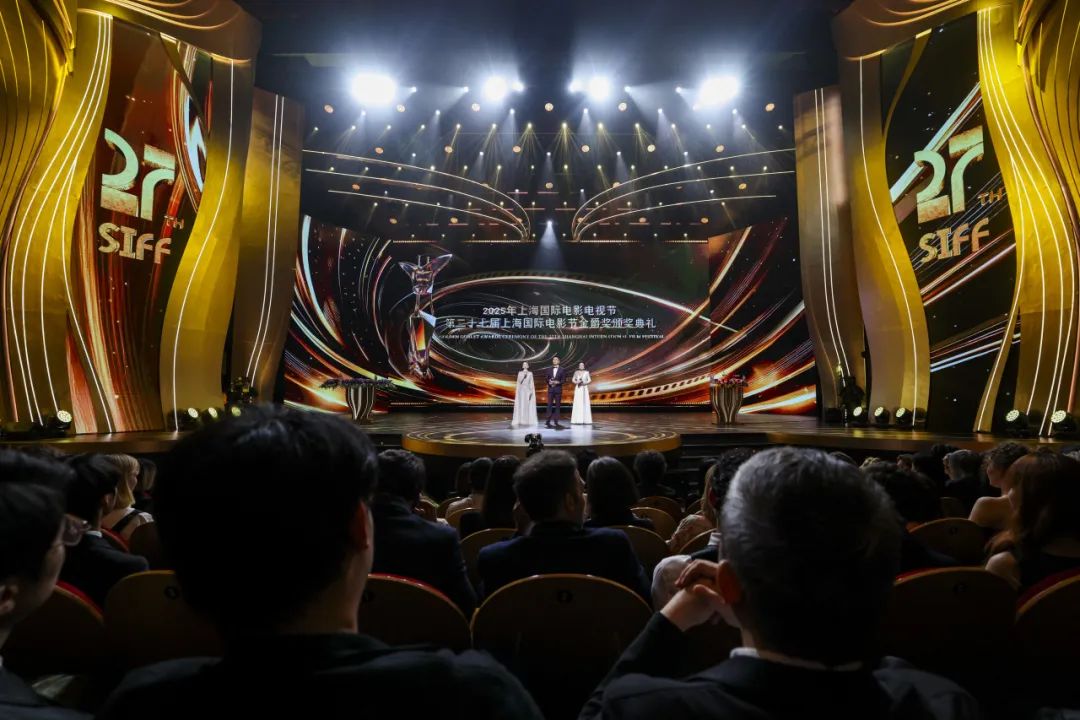
The event was attended by distinguished guests including Zhao Jiaming, member of the Standing Committee and Head of the Publicity Department of the Shanghai Municipal Committee of CPC; Qiu Huadong, Member of the Leading Party Members Group, Member of the Secretariat, and Vice Chairman of the Chinese Writers Association; He Xiangyang, Member of the Leading Party Members Group, Member of the Secretariat, and Director of the Creative Research Department of the China Writers Association; Qin Zhengui, Deputy Director of China Film Administration, and Director of the Centre for Film Script Planning of the Publicity Department of the Communist Party of China; and Xia Kejia, Deputy Secretary General of Shanghai Municipal Government.
A Global Stage for Cinematic Exchange and Mutual Learning
As China’s sole international competitive feature film festival, SIFF remains a vital platform for global filmmakers. The red carpet leading up to the Golden Goblet Awards glittered with cinematic luminaries from around the world. Jurors Giuseppe Tornatore, Huang Bo, Yong Mei, Sho Miyake, Dong Zijian, and Zhang Zifeng walked alongside a constellation of special guests and filmmakers - including Huang Xiaoming, Cao Baoping, Rao Xiaozhi, Li Xiaofeng, Yu Shi, Guo Qilin, Wan Qian, Ni Hongjie, Gillian Chung, Lin Yun, Masami Nagasawa, Jô Odagiri, Alan Aruna, and Victor Ma - each sparking cheers and excitement among the crowd.
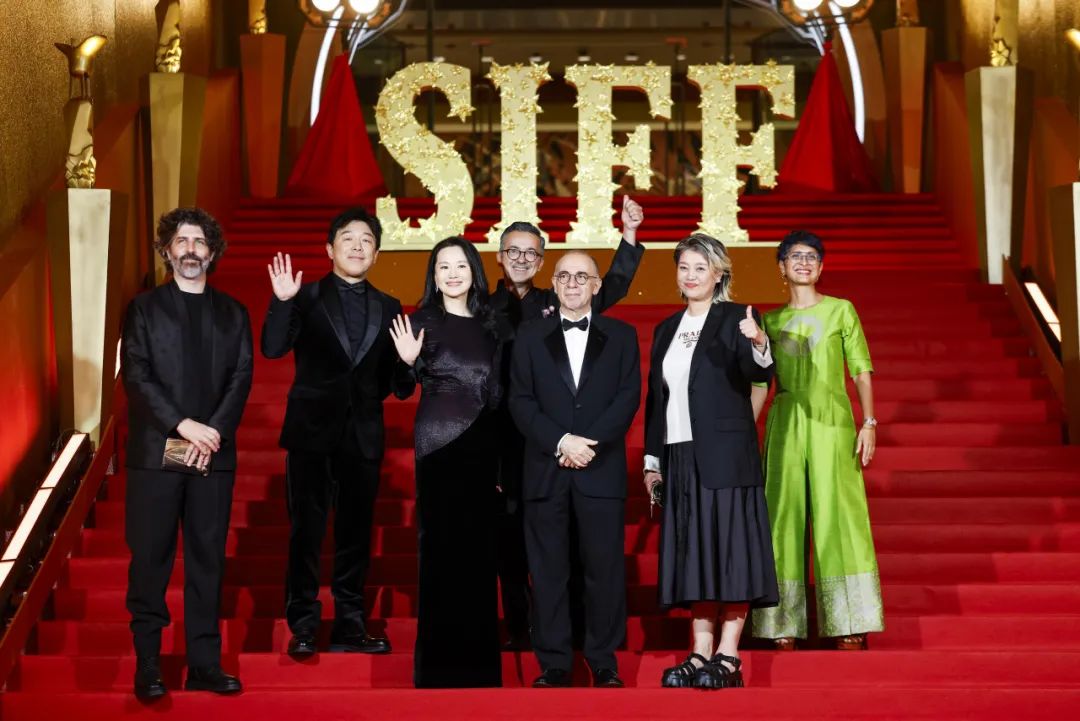

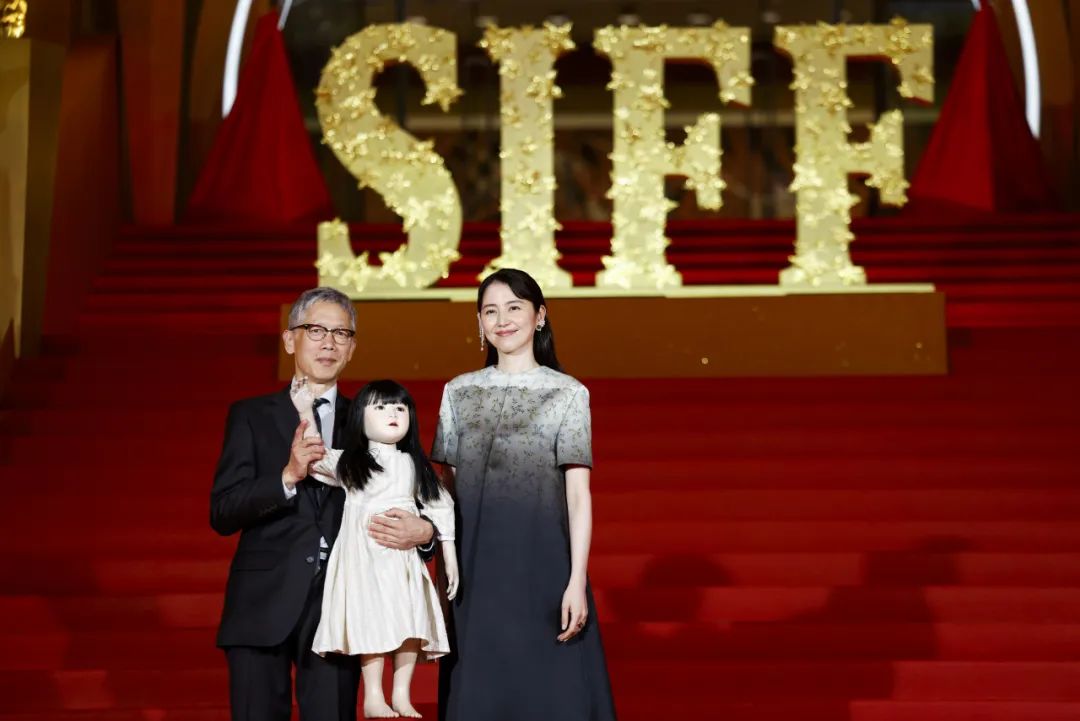
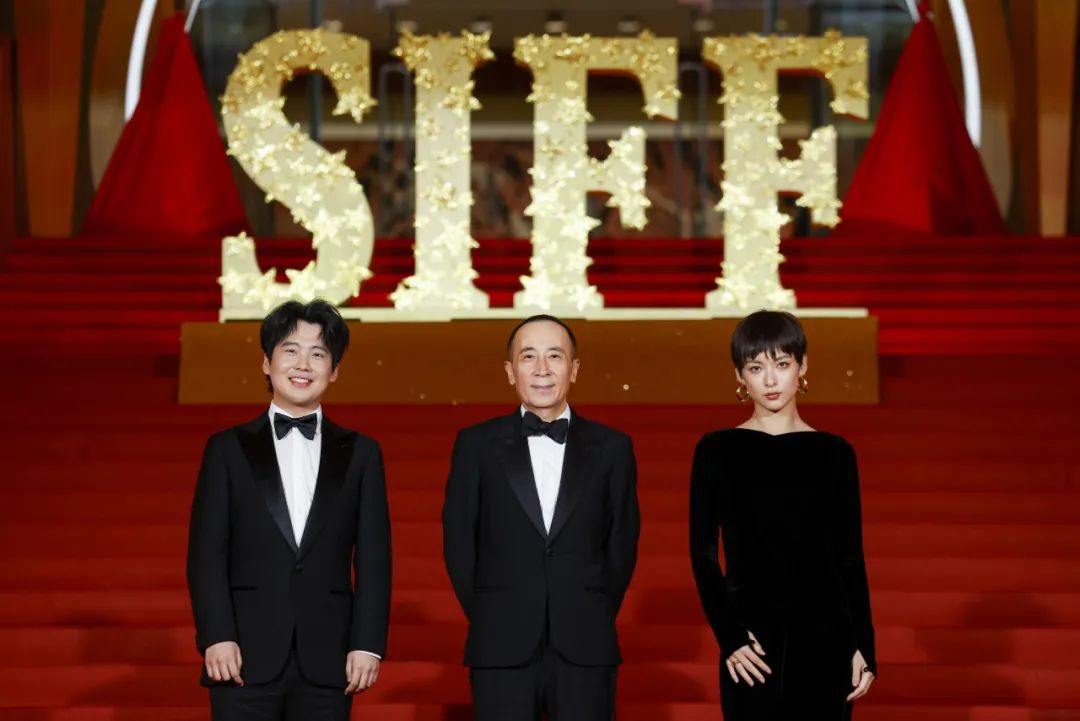
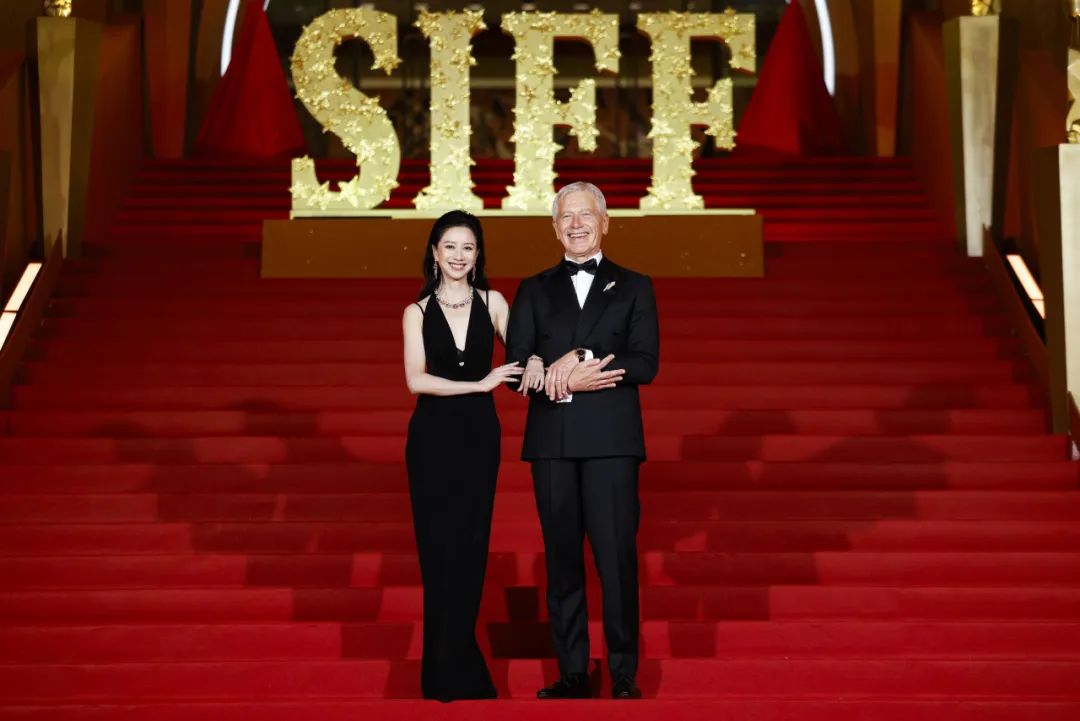

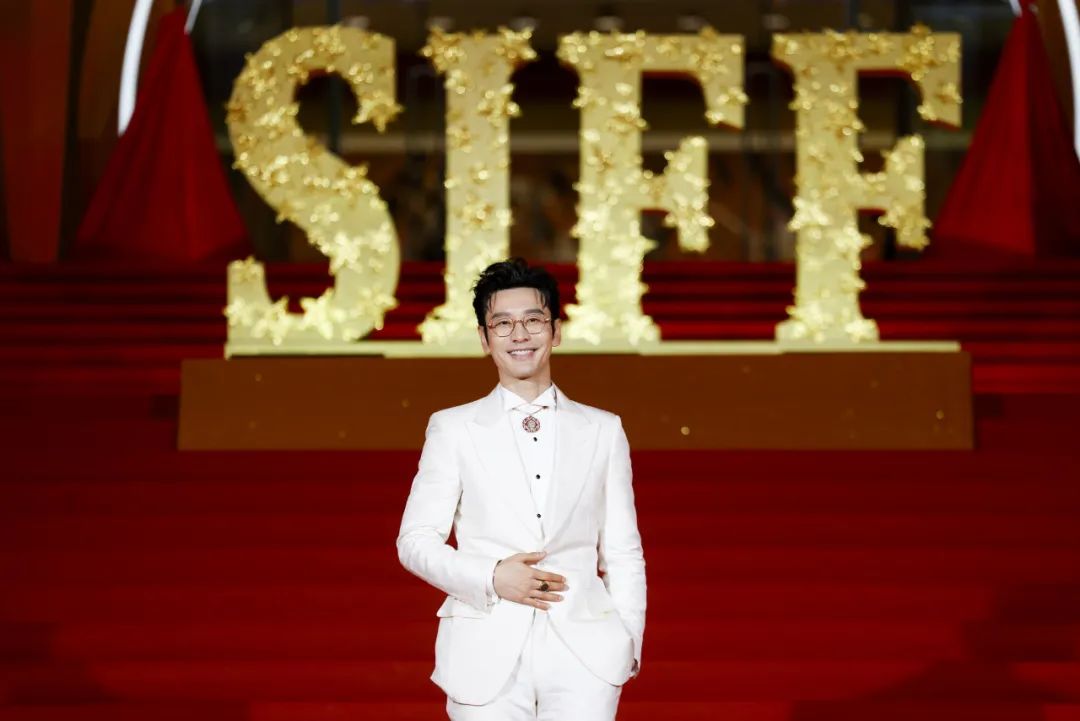
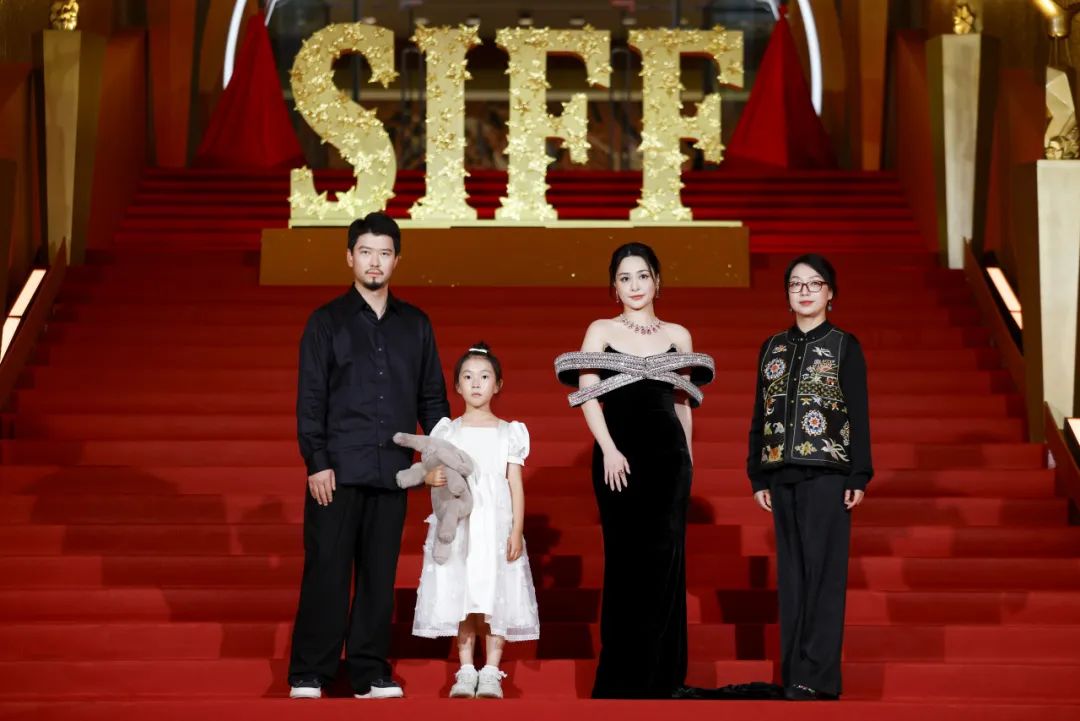
The grand awards ceremony was more than just a celebration - it became a bridge for global cinematic exchange. This year’s main competition featured 12 quality films from across the world. The exceptionally rigorous selection standard and intense competition led to a rare outcome: the eight awards were ultimately distributed among eight different films. Only one, Wild Nights, Tamed Beasts, earned two honors. Interestingly, the films’ countries of production also spanned eight nations across Asia, Europe, and South America. The Kyrgyz film Black Red Yellow won “Best Feature Film”; the Japanese film On Summer Sand and the Chinese film Wild Nights, Tamed Beasts both received the “Jury Grand Prize”. Director Cao Baoping scooped the “Best Director” award for One Wacky Summer, for the second time since 2015. Polish film Loss of Balance claimed the “Best Screenplay” award for scriptwriters Korek Bojanowski and Katia Priwieziencew. In the Portuguese-Brazilian co-production The Scent of Things Remembered, actor José Martins seized “Best Actor”, while Wan Qian in Wild Nights, Tamed Beasts captured “Best Actress”. The German-Swiss co-production You Believe in Angels, Mr. Drowak? secured Markus Nestroy the “Best Cinematographer” award. Ultimately, the “Outstanding Artistic Achievement” went to director Qiu Sheng’s new film My Father’s Son.
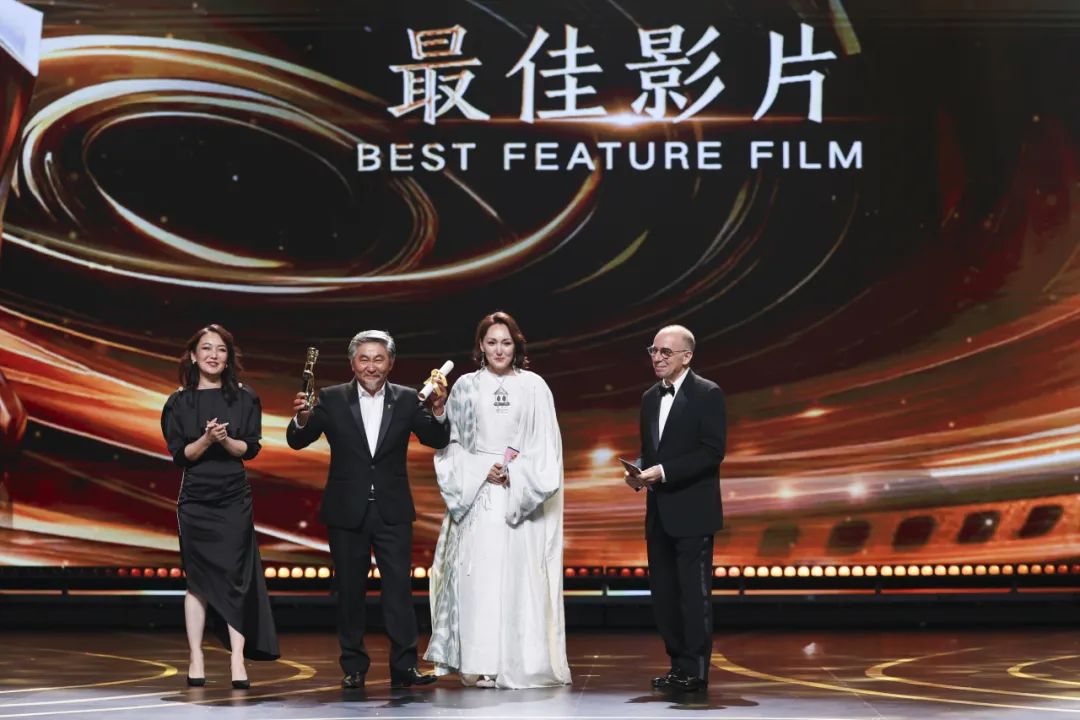
As Giuseppe Tornatore remarked while presenting the Best Feature Film award, “This has been an unforgettable experience - each competing film is unique yet equally brilliant.” Director Aktan Arym Kubat, who awaited the results in Shanghai, not only received the prize but also celebrated the birth of his grandson two days prior. “I’m overflowing with joy,” said the doubly-blessed filmmaker, “and I hope this award serves as a celebration of my grandchild’s birth!” Earlier, he had expressed his intention to “learn from how Chinese cinema narrates its cultural traditions, applying this approach to our own stories.”
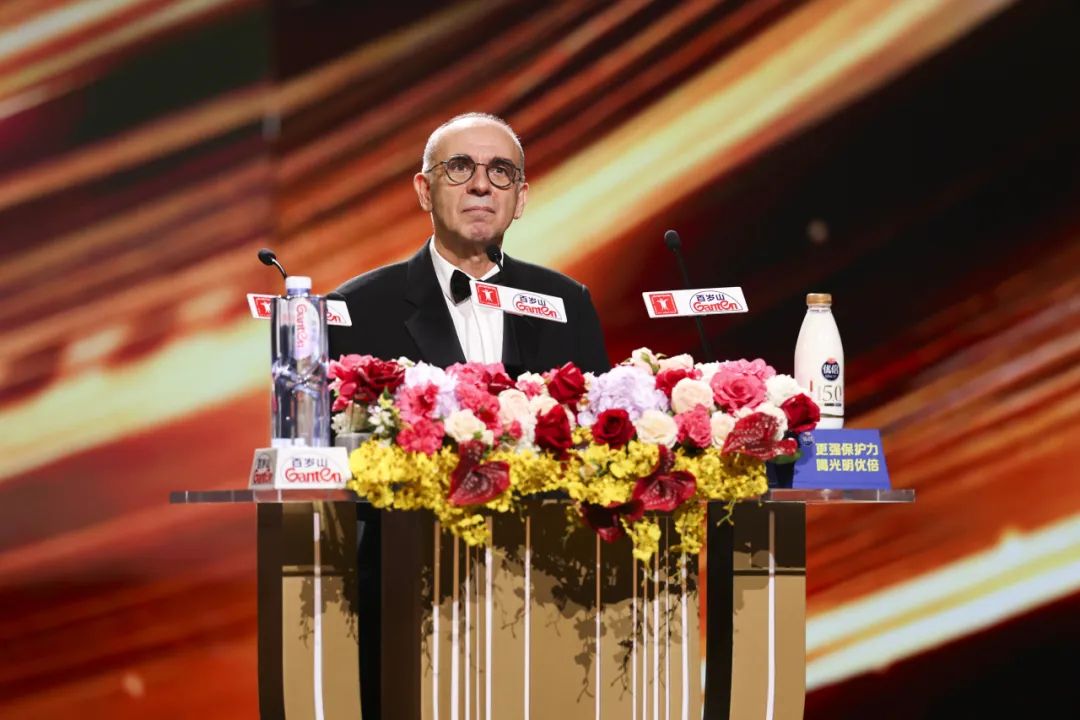
Through this platform, many filmmakers who had never met before discovered a profound connection through their shared passion for cinema. When presenting the Best Feature Film and Best Director awards for the Asian New Talent section, jury president Japanese director-screenwriter Sho Miyake and Thai director-screenwriter Nawapol Thamrongrattanarit shared a touching moment. “I’ve seen two of Director Sho Miyake’s films and loved them both,” Nawapol Thamrongrattanarit based his mind. “It’s been a real pleasure meeting him here in Shanghai.” Sho Miyake responded warmly, calling it “a true stroke of fate”, revealing he had “written a column about Nawapol’s film Happy Old Year during its Japanese release,” and felt “honored” to now present the awards together.
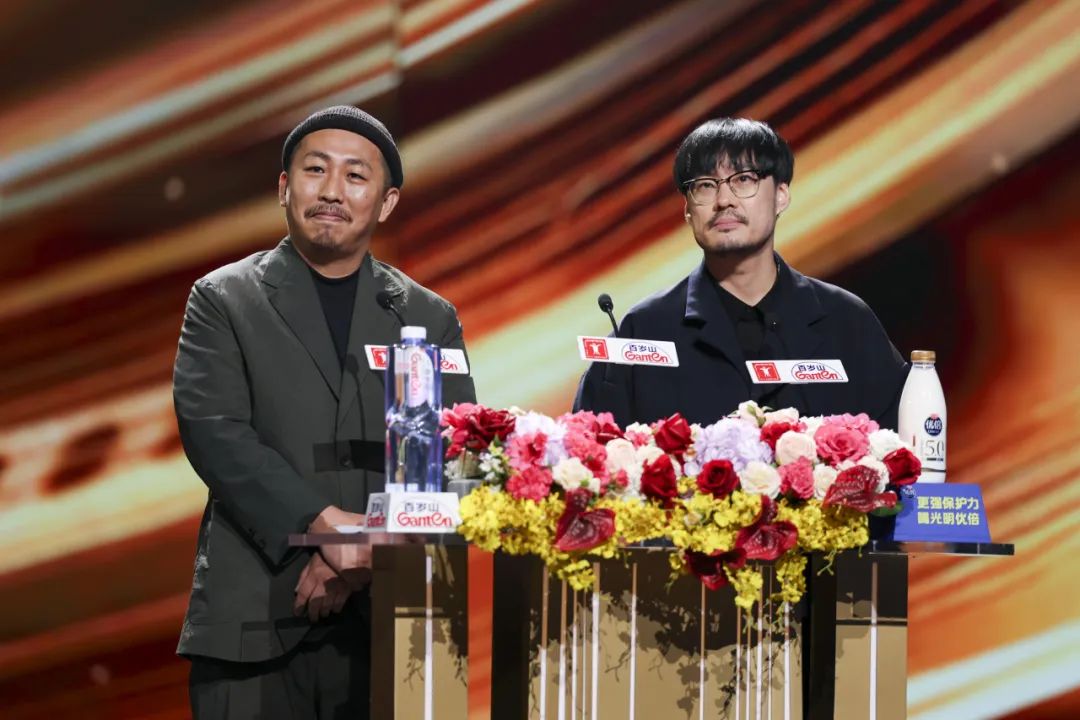
During the awards ceremony, two performances vividly showcased the charm of cultural exchange. A group of young dancers from Chengdu, Sichuan, blended the dynamic rhythms of street dance with the traditional art of Sichuan opera face-changing. Together with suona virtuoso Hu Chenyun, they reinterpreted the iconic piece Song of the Phoenix. The fusion of street dance and traditional Chinese folk music highlighted the contemporary innovation of China’s rich cultural heritage. Kazakhstani singer Dimash then performed Hymne à l'amour, evoking cherished memories of a timeless melody immortalized in the history of global cinema, and resonating deeply with both Chinese and international guests alike.
Golden Goblet Awards: A Journey of Dream-Chasing and Dream-Making
The awards ceremony was filled with joyful and memorable moments. Member of the Main Competition jury panel, Chinese director and actor Huang Bo, alongside Chinese actor Huang Xiaoming, took the stage together to present the award for Best Actor. As two accomplished actors who share many similarities, perhaps the most notable commonality is that they have both previously won the Golden Goblet Award for Best Actor. With a smile, they quipped, “Having each held that trophy, we can both confirm - it’s heavy!”
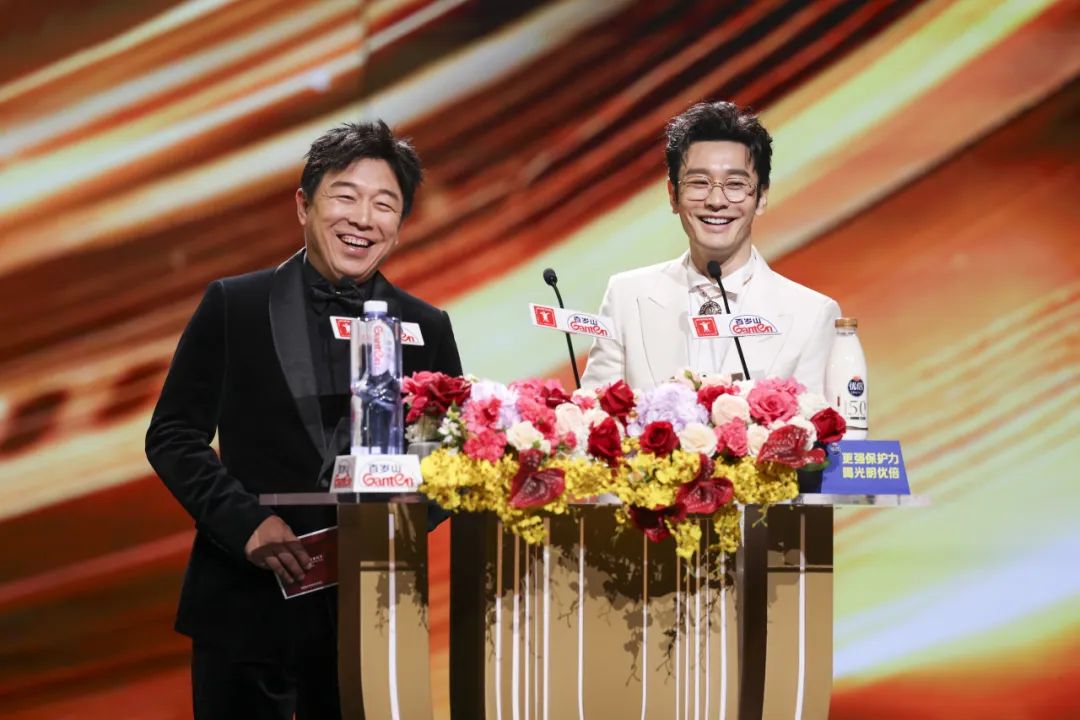
The weighty trophy carries the profound legacy bestowed by generations of “dream weavers”. They move forward together, never forgetting to support those who follow. Through their hands, the art of cinema is passed down and constantly renewed. And in this cycle of legacy and rebirth, SIFF’s talent development program has thus achieved a “closed loop”.
This year, for the first time, the awards winners of the Asian New Talent section were unveiled during the Golden Goblet Awards ceremony - a testament to SIFF’s unwavering devotion to cultivating new cinematic visions, as a beacon for emerging storytellers
Chinese director Bian Zhuo’s As the Water Flows earned the Best Feature Film award, while Filipino-Italian co-production Where the Night Stands Still earned its director, Liryc Dela Cruz, the Best Director honor. The Best Actor and Best Actress awards were presented to Shi Pengyuan of Water Can Go Anywhere (China) and Meenakshi Jayan of Victoria (India), respectively. Sri Lanka’s RiverStone saw Lalith Rathnayake and Nilantha Perera honored for Best Screenplay, while Prabath Roshan nabbed Best Cinematographer for the same film.
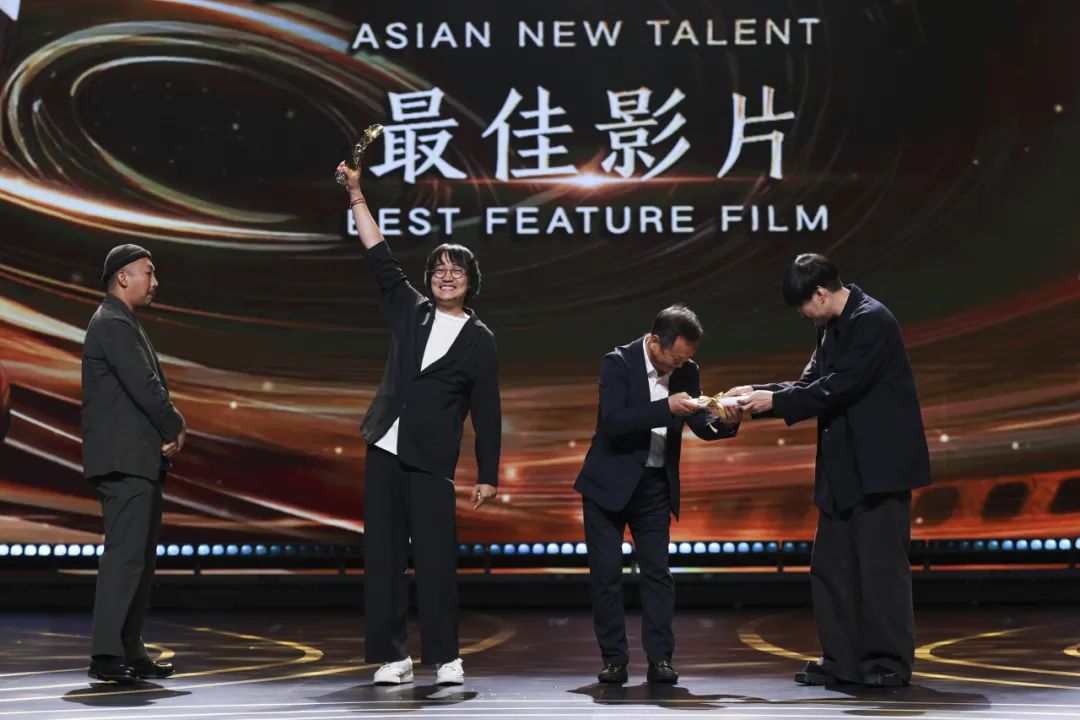
When announcing the Best Actor award, Asian New Talent jury member Dong Zijian was asked by fellow juror Zhang Zifeng: “As an actor, nerves keep you awake; as a director, excitement does. What about being a juror?” His reply carried quiet sincerity: “After witnessing so many remarkable works by emerging directors, I feel deeply fulfilled - sleeping soundly every night.”
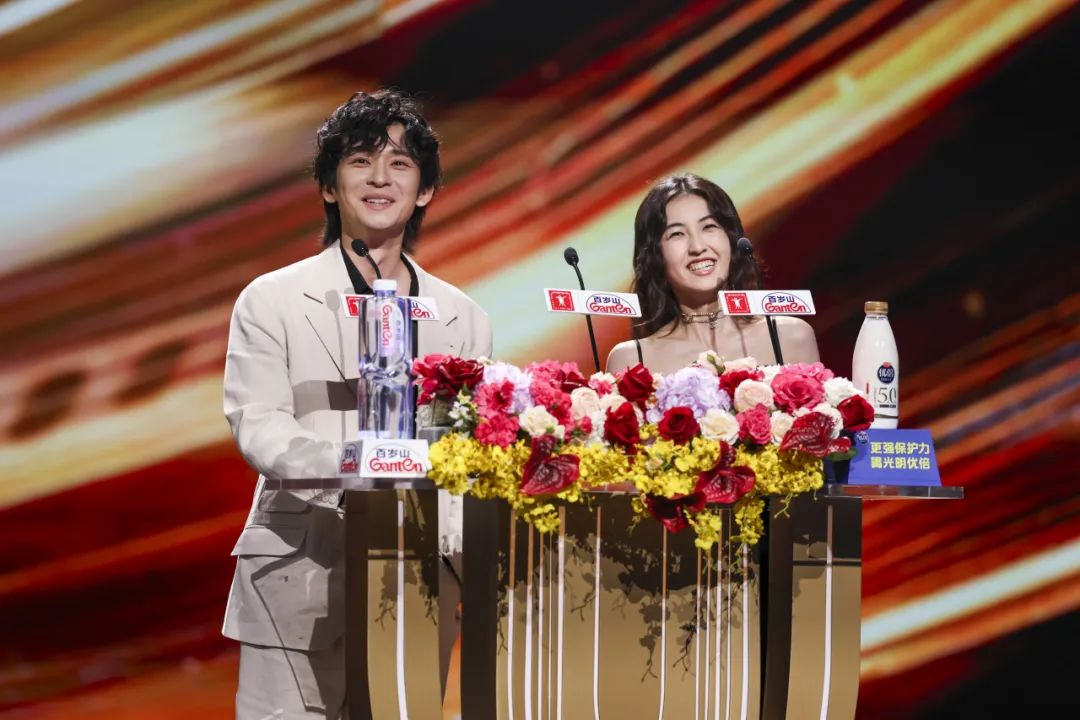
Young director Qiu Sheng, whose film My Father’s Son snatched the “Outstanding Artistic Achievement” in the main competition of Golden Goblet Awards this year, had previously won the “Best Live Action Short Film” at SIFF in 2021. His latest work masterfully combines technology with emotion through an AI-themed narrative, delivering profound authenticity. His journey from short films to the main competition perfectly embodies the “Path to Golden Goblet Awards” that SIFF has paved for emerging filmmakers.
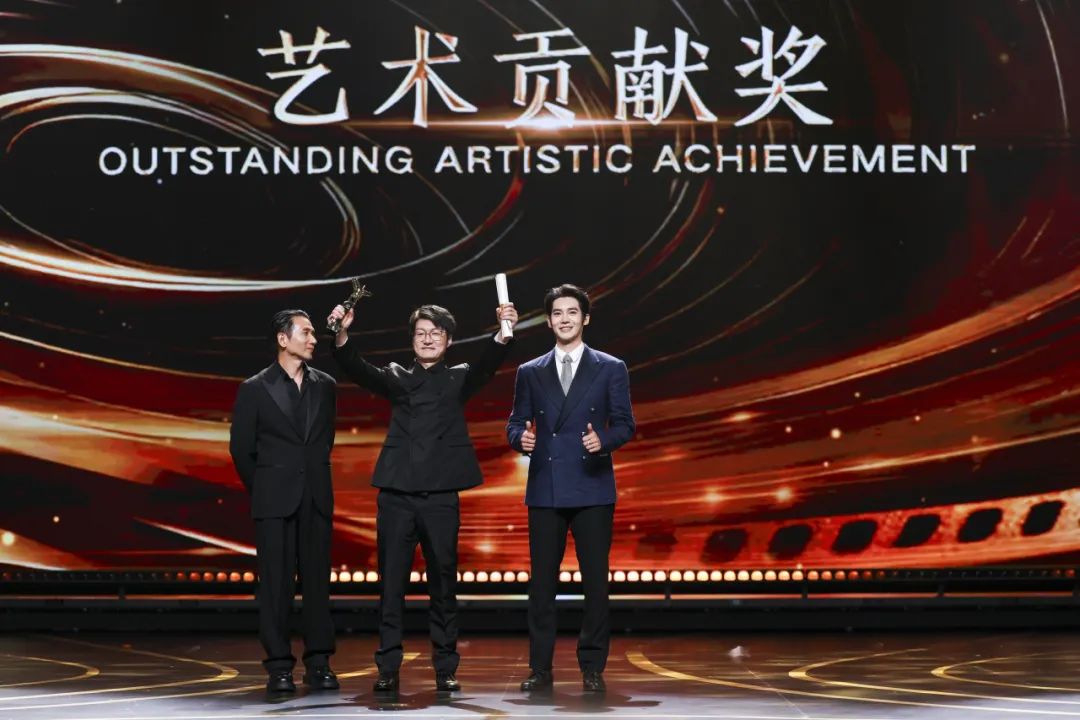
The evening reached a crescendo when directors Xie Fei and Lu Yang jointly presented an award to Cao Baoping. The 84-year-old Xie Fei, a Golden Bear winner at Berlin International Film Festival, has devoted himself to teaching - nurturing generations of Chinese filmmakers from Zhang Yimou and Chen Kaige to younger talents like Shen Ao. Lu Yang, visibly moved, expressed that standing beside his mentor was “beyond what the word ‘honored’ can convey.” But it was Xie Fei’s heartfelt words that truly resonated: “In truth, the tribute belongs to you - your generation has created this vibrant new era of cinema. You’ve realized dreams we couldn’t achieve and completed works we never had time to make.”
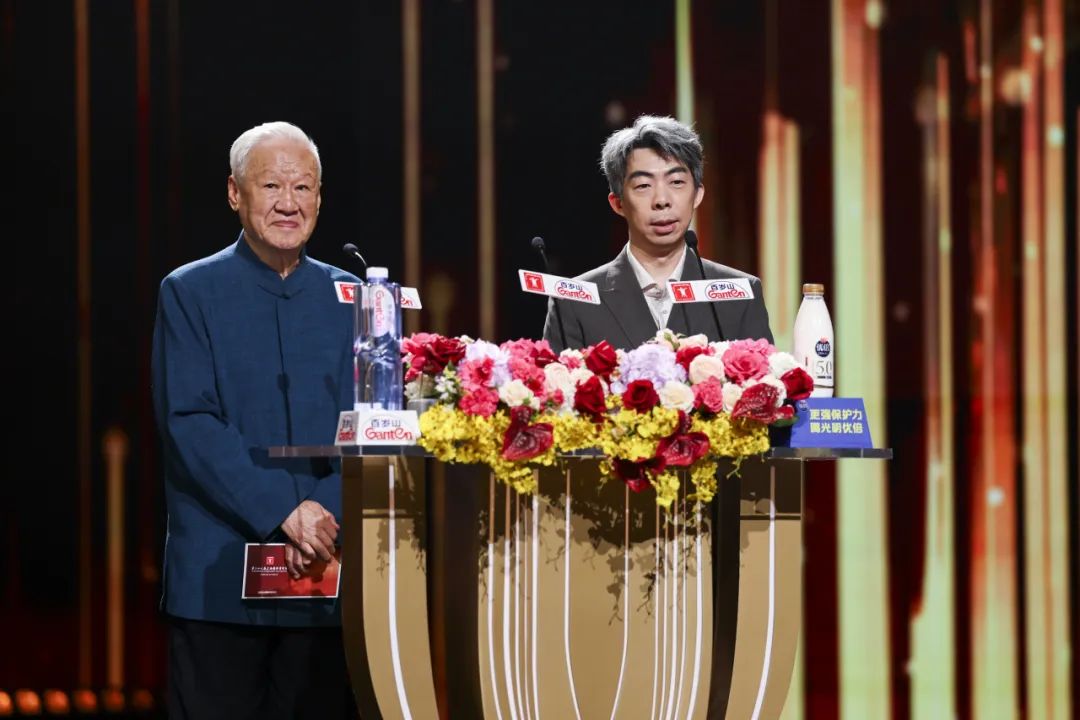
At SIFF, the dreams of generations of Chinese filmmakers have taken root, blossomed, and borne fruit. Director Cao Baoping, honored with the Best Director award twice in a decade, spoke with a voice quivering with gratitude: “To SIFF, which has twice lifted me with its recognition - its passion for cinema, along with its openness, diversity, and inclusiveness, is something that truly touches me - and, I believe, strikes a chord with everyone.”
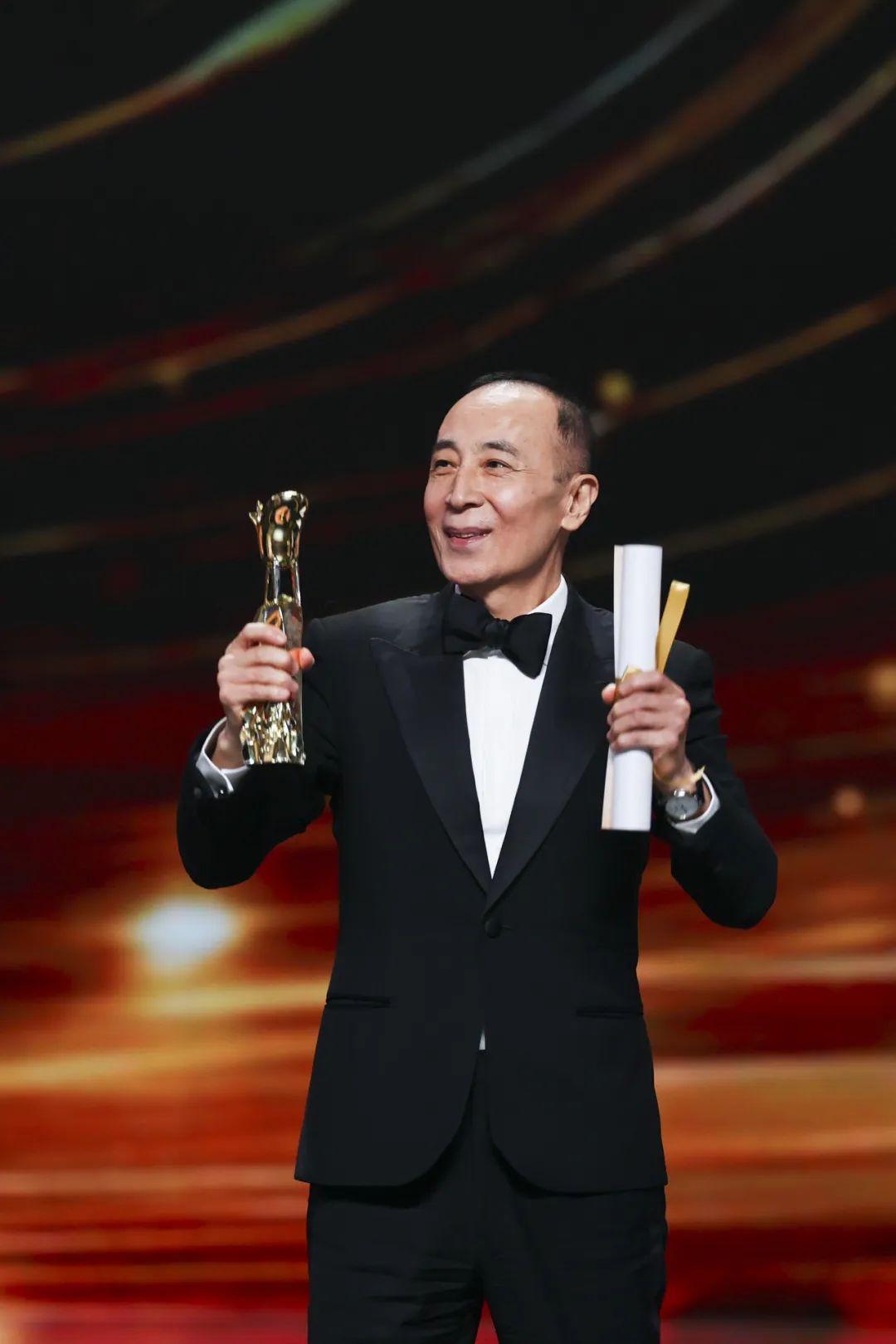
In addition, the Spanish film Constanza, directed by Agustín Márquez Gómez, triumphed as Best Documentary; The Songbirds’ Secret, a co-production by France, Switzerland, and Belgium directed by Antoine Lanciaux, took home the Best Animation Film; Chinese director Xu Jian’s Crows received the Best Live Action Short Film award; and Son, a co-production between Russia and Kazakhstan directed by Zhanna Bekmambetova, soared with the honor of Best Animated Short Film.
Shanghai - the “City of Film” - has anchored SIFF in the fertile ground of cinematic legacy, where every frame sown today yields tomorrow’s harvest. As more filmmakers from around the world gather here to collaborate and exchange ideas, and as more emerging talents rise and flourish on this stage, the cradle of Chinese cinema is evolving into a city of the future and a city of dreams.







